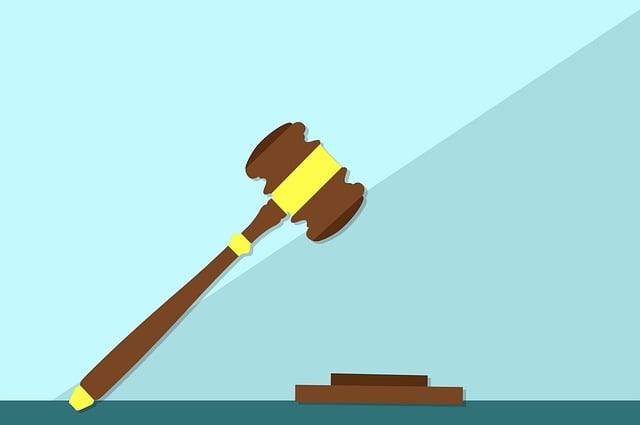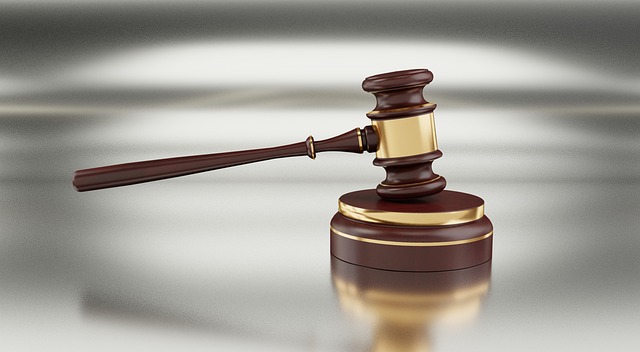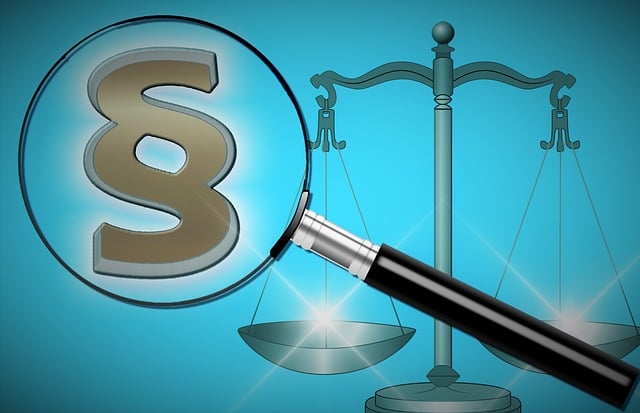RF Regulatory Agency investigations uphold RF standards and safety, adhering to a structured criminal procedure timeline from arrest to trial. This framework ensures fairness, with actions ranging from warnings to legal measures, and emphasizes cooperative corrective actions. Adjudication involves meticulous record-keeping, legal representation, and understanding RF technology for favorable outcomes. Knowing the Criminal Procedure Timeline empowers individuals to navigate the process effectively, potentially avoiding indictment through robust defense strategies.
“In the intricate web of radio frequency (RF) technology, regulatory agencies play a pivotal role in ensuring compliance. This article offers a comprehensive guide to RF Regulatory Agency Investigations, delving into the processes and rights involved. We explore ‘Understanding RF Regulatory Agency Investigations’ and provide an insightful look at the ‘Criminal Procedure Timeline From Initial Arrest to Final Trial’. Additionally, we highlight the legal rights and expectations that individuals and entities can expect during these inquiries, shedding light on a crucial aspect of the regulatory landscape.”
- Understanding RF Regulatory Agency Investigations: A Comprehensive Overview
- The Criminal Procedure Timeline: From Initial Arrest to Final Trial
- Legal Rights and Expectations During RF Regulatory Agency Inquiries
Understanding RF Regulatory Agency Investigations: A Comprehensive Overview

RF Regulatory Agency Investigations play a pivotal role in ensuring compliance with radio frequency (RF) standards and policies. These investigations are meticulously designed to unearth potential violations, from unauthorized RF emissions to equipment malfunctions that could pose safety risks. Comprehending this process is crucial for businesses and individuals operating within the RF spectrum. The journey from initial inquiry to resolution involves a structured framework akin to a criminal procedure timeline, ensuring fairness and due process.
This timeline typically begins with an observation or report of suspected misconduct, leading to a preliminary investigation. If evidence points towards a violation, the agency may issue warnings or take formal legal action, such as filing indictments. The focus here is on avoiding indictment through cooperation and corrective measures. Eventually, the case might proceed to adjudication, where parties present their cases before an administrative law judge or, in more complex matters, a panel of experts. Achieving extraordinary results often lies in meticulous record-keeping, robust legal representation, and a deep understanding of both RF technology and regulatory frameworks.
The Criminal Procedure Timeline: From Initial Arrest to Final Trial

The journey from initial arrest to a final trial is a critical phase in any criminal procedure, particularly when navigating RF regulatory agency investigations. This process is governed by strict timelines and legal protocols designed to ensure fairness and protect the rights of the accused. Upon arrest, suspects are immediately entitled to certain constitutional rights, including the right to remain silent and the right to an attorney. These initial stages involve thorough fact-gathering as law enforcement officers secure evidence and interview witnesses.
The timeline then progresses through pretrial procedures where the focus shifts to preparing for trial. This includes filing charges, discovering evidence, and potentially negotiating plea bargains. If the case proceeds to trial, both the prosecution and defense present their cases before a judge or jury, aiming to prove guilt or innocence. Throughout this process, a skilled general criminal defense attorney plays a pivotal role in guiding clients, challenging evidence, and advocating for their rights, with the ultimate goal of avoiding indictment and securing a favorable outcome.
Legal Rights and Expectations During RF Regulatory Agency Inquiries

During RF Regulatory Agency investigations, individuals face a critical phase in their legal journey, demanding a deep understanding of their rights and expectations. While the agency’s role is to ensure compliance with radio frequency (RF) regulations, the process can be complex and stressful for those under scrutiny. A key aspect to grasp is the Criminal Procedure Timeline from arrest to trial—a structured sequence designed to protect the rights of the accused. This timeline includes initial appearances, preliminary hearings, grand jury proceedings, and ultimately, a trial where evidence is presented, and a verdict rendered.
Understanding this process empowers individuals to navigate the legal system more effectively. It highlights the potential for avoiding indictment through robust legal defense strategies. Moreover, it underscores the importance of competent counsel in presenting a compelling case, aiming for a complete dismissal of all charges if the investigation uncovers no wrongdoing or insufficient evidence. The agency’s unprecedented track record in such cases further emphasizes the value of knowing and exercising one’s rights throughout these inquiries.
RF Regulatory Agency investigations, with their intricate legal procedures, follow a structured criminal procedure timeline from initial arrest to final trial. Understanding these steps is vital for all stakeholders to ensure fairness and protect rights throughout the process. By knowing what to expect at each stage, individuals can navigate these inquiries with confidence, ensuring their legal expectations are met while adhering to the stringent regulations that govern RF technologies.






